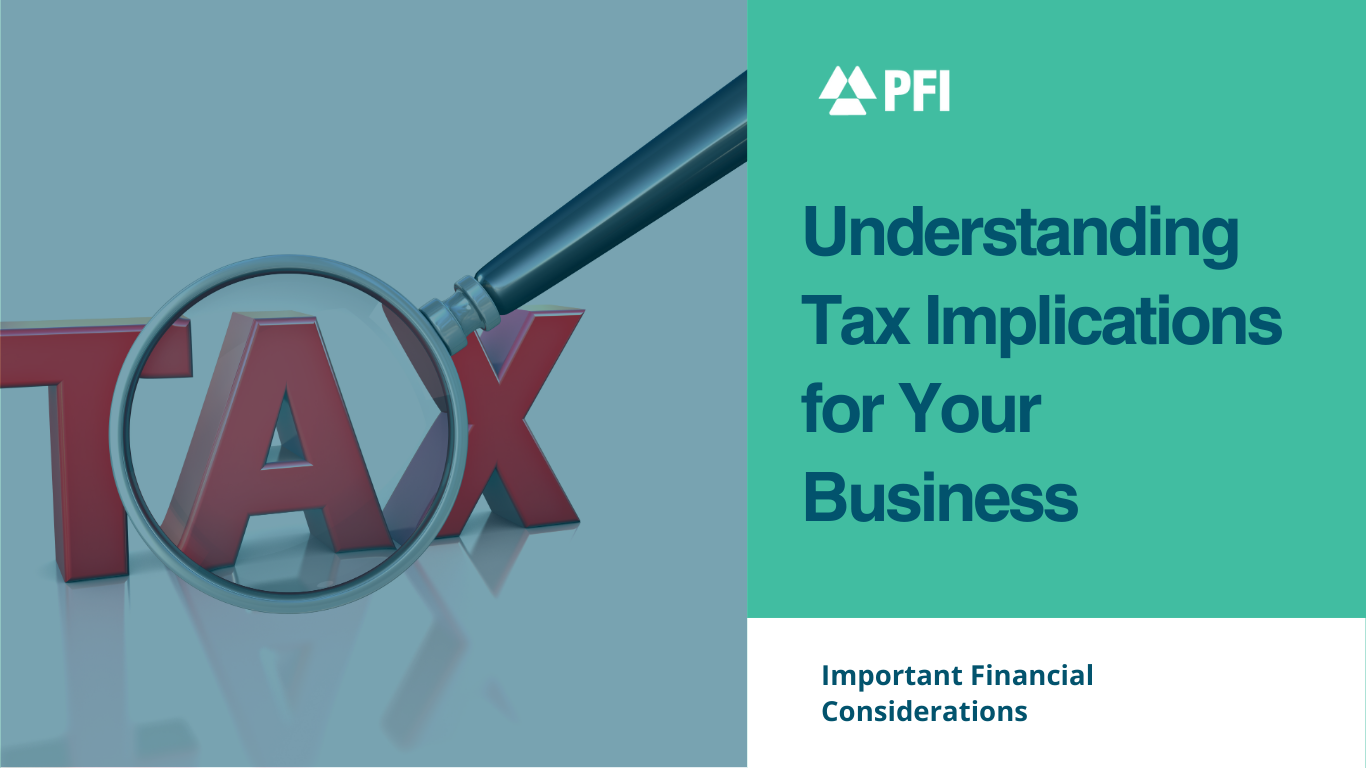At PFI Accountants, we’ve seen firsthand how poor bookkeeping can lead to costly tax consequences for businesses and individuals alike. While maintaining accurate records might not be the most exciting part of running a business, it’s a vital foundation for financial success and compliance.
Here, we’ll explore the tax pitfalls of poor bookkeeping and offer practical steps to avoid them.
1. Missed Tax Deadlines and Penalties
Without organised bookkeeping, it’s easy to lose track of tax submission deadlines. HMRC imposes penalties for late filings and payments, which can quickly add up. Missing these deadlines doesn’t just impact cash flow—it can also harm your reputation as a compliant taxpayer.
How to avoid this:
– Maintain a calendar of important tax deadlines, such as VAT returns, PAYE, and corporation tax.
– Use digital tools to track due dates and automate reminders.
2. Overpaid or Underpaid Taxes
Poor records make it difficult to calculate taxes accurately. You could end up paying more than you owe, which affects profitability, or underpaying, which could lead to penalties and interest charges.
How to avoid this:
– Regularly reconcile your financial records.
– Work with an accountant who can ensure your tax calculations are accurate and up to date.
3. Missed Deductions and Reliefs
Improper bookkeeping can mean missing out on tax-deductible expenses, R&D reliefs, or capital allowances. These oversights directly affect your bottom line, leaving money on the table that could have been reinvested in your business.
How to avoid this:
– Keep detailed records of all business expenses, including receipts and invoices.
– Consult an expert to identify applicable reliefs and deductions.
4. HMRC Audits and Investigations
Disorganised or incomplete financial records are a red flag for HMRC, increasing the likelihood of an audit. During an investigation, inadequate bookkeeping can make it harder to defend your tax position, leading to significant fines or legal issues.
How to avoid this:
– Maintain clear, consistent, and accessible records.
– Adopt cloud-based accounting software for real-time updates and secure backups.
– Partner with an accountant who understands HMRC’s compliance requirements.
5. Cash Flow Mismanagement
Poor bookkeeping isn’t just a tax issue—it’s a financial health issue. Without accurate records, you may struggle to manage cash flow effectively, leaving insufficient funds for tax payments.
How to avoid this:
– Use bookkeeping tools to monitor income and expenses.
– Create a tax reserve account to ensure funds are available when tax bills are due.
Invest in Professional Support
At PFI Accountants, we specialise in ensuring our clients stay compliant while maximising their tax efficiency. From implementing digital tools to providing tailored tax advice, we help businesses avoid the risks of poor bookkeeping and focus on growth.
If you’re unsure about the state of your records or need support preparing for tax deadlines, let’s chat. Together, we can build a bookkeeping and tax strategy that keeps your business running smoothly.
Conclusion
Poor bookkeeping can lead to serious tax consequences, including missed deadlines, costly penalties, overpaid taxes, lost deductions, and even potential legal challenges. Disorganised financial records not only put your business at risk of non-compliance but also raise red flags with HMRC, increasing the likelihood of audits and investigations that can disrupt operations and tarnish your reputation. The good news is that these risks are entirely preventable with the right strategies, systems, and professional support.
At PFI Accountants, we specialise in helping businesses establish robust bookkeeping practices that go beyond compliance. Our tailored solutions provide clarity, enhance financial efficiency, and support sustainable growth. With our expertise, you can minimise risks, optimise tax savings, and make informed decisions with confidence. Let PFI Accountants partner with you to build a solid financial foundation for long-term success.

